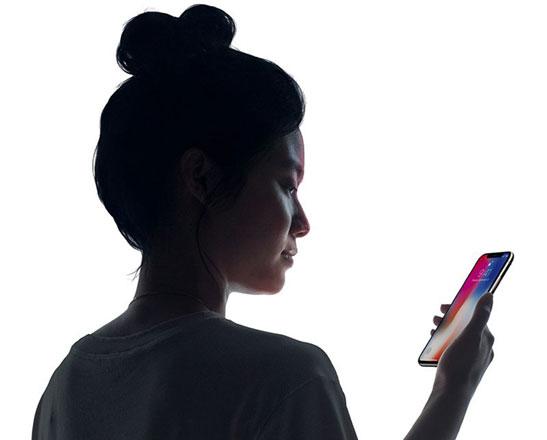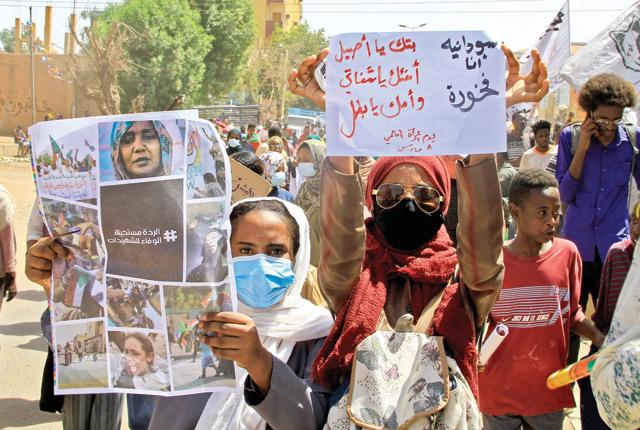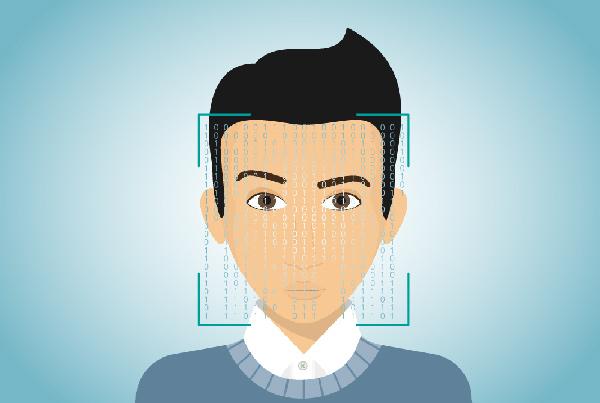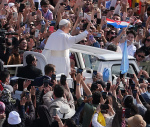You are here
UN urges 'moratorium' on facial recognition tech use in protests
By AFP - Jun 25,2020 - Last updated at Jun 25,2020
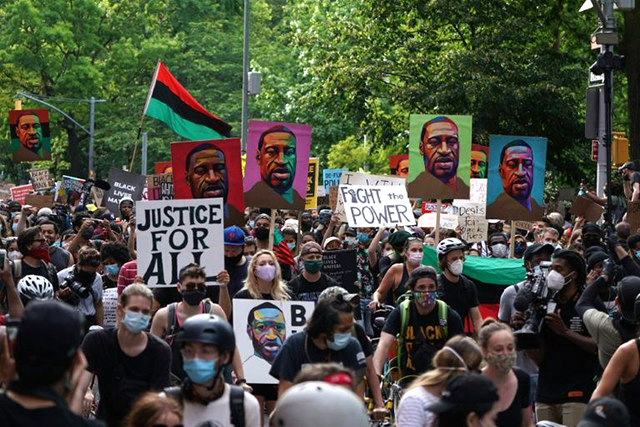
As protests about police violence and racism spread across the United States, pressure mounted on the tech firms behind the technology (AFP photo)
GENEVA — The UN human rights chief called on Thursday for a "moratorium" on the use of facial recognition technology during peaceful protests, stressing that it could increase discrimination against people of African descent and other minorities.
Michelle Bachelet's appeal came as her office published a report about the impact of new technologies on the promotion and protection of human rights in the context of assemblies, including peaceful protests.
"There should be a moratorium on the use of facial recognition technology in the context of peaceful protests, until states meet certain conditions including human rights due diligence before deploying it," Bachelet said in a statement.
The report was requested by the United Nations Human Rights Council two years ago, but it comes as demonstrations have erupted in a number of countries.
"New technologies can be used to mobilise and organise peaceful protests, form networks and coalitions, and help people to be better informed about demonstrations and the reasons they are happening, thus driving social change," Bachelet said.
But, she stressed, "as we have seen, they can be -- and are being -- used to restrict and infringe on protesters' rights, to surveil and track them, and invade their privacy".
The UN report pointed out that technology-enabled surveillance had been a major factor in shrinking civic space in a range of countries, with some states using intrusive online surveillance and the hacking of social media accounts used by protest organisers and demonstrators themselves.
It voiced particular concern over facial recognition technology, "which allows for the automated identification, surveillance and tracking of protesters".
Facial recognition has numerous uses that could simplify people's lives, as seen with Apple using it to unlock smartphones.
As protests about police violence and racism spread across the United States, pressure mounted on the tech firms behind the technology.
Microsoft and Amazon announced they would suspend sales of facial recognition software to police forces, while IBM said it would quit the business.
'Amplify discrimination'
Thursday's report warned that the use of facial recognition technology had left many people feeling wary of demonstrating in public places or publicly expressing their views for fear they could be identified, with negative consequences.
"Moreover, facial recognition technology may also perpetuate and amplify discrimination, including against Afro-descendants and other minorities," the rights office warned.
Protesters have marched in a number of countries in 2019 and this year on issues including racial discrimination, as with the recent global protests over the killing of George Floyd by a US police officer who has since been charged with murder.
"As people gather worldwide to protest against racism, including by law enforcement officials, the right to peaceful assembly has never been more important," Bachelet said.
"Facial recognition should not be deployed in the context of peaceful protests without essential safeguards regarding transparency, data protection, and oversight in place."
Related Articles
WASHINGTON — Apple will let you unlock the iPhone X with your face — a move likely to bring facial recognition to the masses, along with con
KHARTOUM — Sudanese security forces arrested a senior opposition leader Tuesday, as officers fired tear gas to stop thousands of protesters
Say goodbye to standing in long lines clutching boarding passes and other travel documents.Step this way, instead.


